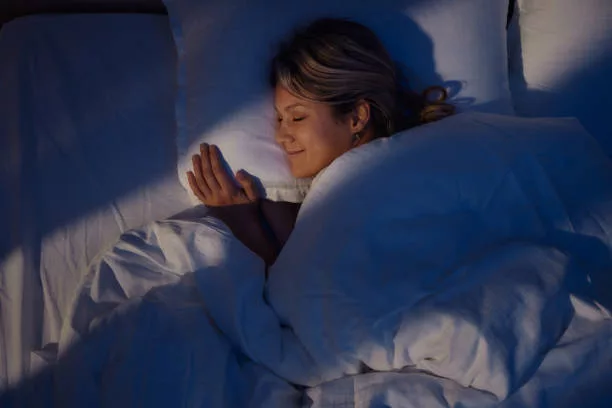Insufficient sleep, impacting health, appearance, and daily life, affects 35% of adults sleeping fewer than 7 hours. Anxiety and stress disrupt the brain, causing restless nights. To improve sleep, refining daily routines is crucial.
We did some research to find out which before-bed habits are worth breaking for the sake of a good night’s rest.
- Getting into bed immediately:

After a hectic day, your instinct might be to collapse onto a pillow. Yet, establishing calming evening rituals effectively bridges the gap between daytime chaos and peaceful sleep. Simple routines like a light snack, a soothing shower, or enjoying a book can aid faster sleep onset. Keep it simple; opt for activities that ease your mind, promoting a more relaxed state for bedtime.
2. Sipping black tea right before bedtime:

Herbal teas, famed for their soothing properties, have long been remedies for insomnia. While teas such as chamomile or lavender promote relaxation and better sleep, certain beverages have contrasting effects. For instance, black tea, rich in caffeine, can trigger nervousness and disrupt sleep, working in the opposite way.
3. Using an inappropriate blanket for sleep:

We rely on blankets for sleep, yet selecting the ideal one is vital for a restful night. While polyester blankets are convenient for washing, they aren’t ideal for quality sleep. Being synthetic, polyester lacks breathability, hindering temperature regulation and leading to discomfort with heat and perspiration.
Consider choosing a woolen blanket instead, offering warmth while allowing skin to breathe.
4. Exercising at the gym in the evening:

Exercise aids relaxation and anxiety reduction, ultimately enhancing sleep quality. However, late-day workouts might disrupt rather than benefit your sleep routine. Exercising within an hour before bedtime can prevent your body temperature from naturally decreasing, leading to sleep disturbances and nighttime awakenings. For night owls preferring late workouts, opt for low-intensity exercises at least 4 hours prior to bedtime to mitigate potential sleep disruptions.
5. Missing breakfast:

Breakfast holds the title of being the most crucial meal for a reason. However, dashing out the door without a bite impacts not only weight and concentration but also sleep quality. Those habitually skipping breakfast often experience poorer sleep and wake up feeling irritable.
6. Dressing in pajamas for sleep:

By evening, slipping into your beloved pajamas and heading to bed seems delightful. However, certain sleepwear can be overly warm, impacting your sleep. Optimal sleep occurs with a slight drop in body temperature. If sleeping au naturel isn’t your preference, choose lightweight sleepwear crafted from natural, breathable materials such as linen or cotton.
7. Your bedroom flooring consists of carpet:

While carpets lend a cozy vibe to any room, having them around your bed isn’t conducive to a restful night. Rugs and carpets easily harbor dust, mites, and serve as a breeding ground for harmful bacteria. Research indicates indoor air quality significantly impacts sleep and subsequent day-to-day performance.
Have you observed the impact of these habits on your sleep? Do you experience restless nights or slumber peacefully?










